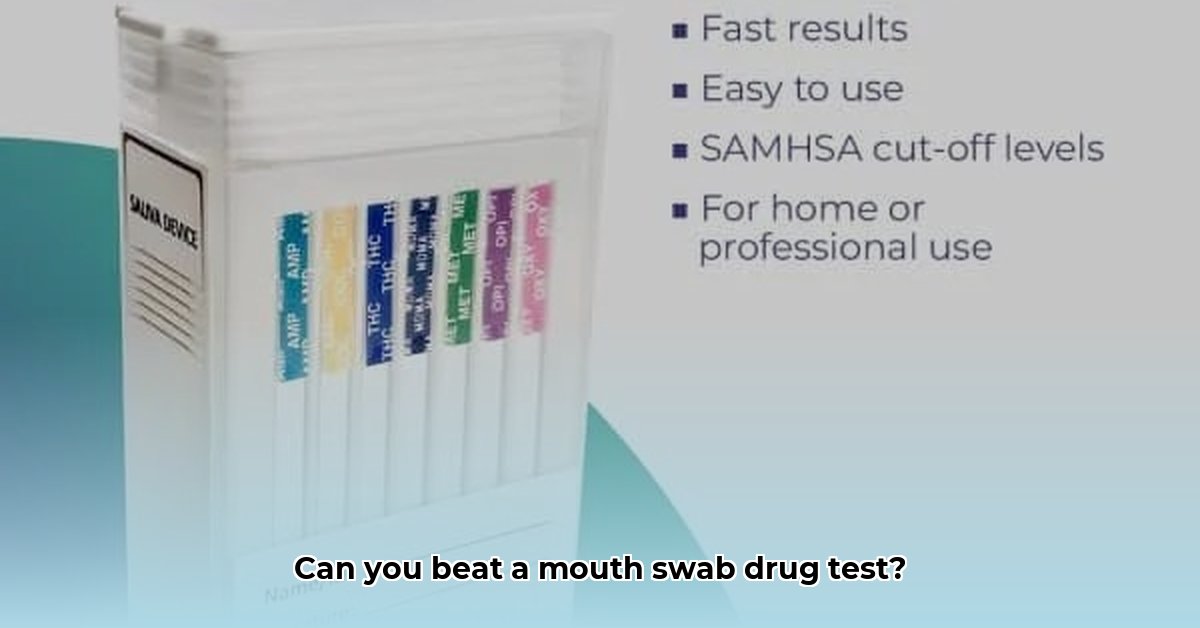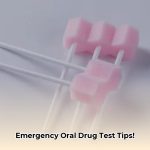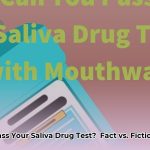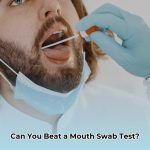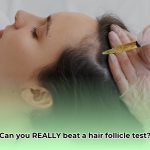You’re facing an oral swab drug test and want to know how to pass. We’ll explore common methods, but first, a critical caveat: trying to cheat a drug test carries significant risks, both legally and ethically. The only guaranteed way to pass is abstinence. This guide provides information, not advice. Consult a legal professional for legal guidance.
Understanding the Test
Before diving into methods, let’s understand the science. Oral swab tests detect drug metabolites—byproducts of drug breakdown—in saliva, not the drugs themselves. These tests offer a snapshot of recent drug use, typically within the past few days.
How Oral Fluid Tests Work
The swab collects saliva, which is then analyzed. Inside the test, antibodies bind to specific drug metabolites. A positive result indicates the presence of these metabolites.
Detection Windows
Detection times vary based on factors like metabolism, drug type, and frequency of use. Here’s a general guideline:
| Drug | Approximate Detection Window |
|---|---|
| Alcohol | Up to 24 hours |
| Marijuana (THC) | Up to 72 hours, potentially longer for frequent users |
| Cocaine | Up to 2-3 days |
| Opioids | 1-3 days |
| Amphetamines | 1-3 days |
| Benzodiazepines | Up to 2-3 days |
| Methamphetamine | 1-3 days |
Note: These are estimates. Actual detection times can vary. Ongoing research continues to refine our understanding of drug metabolism and detection windows.
Debunking Common “Hacks”
The internet offers numerous “tricks,” but most are ineffective and potentially harmful. Let’s debunk some popular myths:
1. Dilution (Excessive Hydration)
Drinking excessive water might temporarily dilute saliva, but testers are trained to detect this. It can raise suspicion and may lead to a retest.
- How it (supposedly) works: Dilutes metabolites, making them less detectable.
- Effectiveness: Very low. Likely to be detected.
- Risks: Overhydration can be harmful.
2. Altering Saliva pH (Vinegar, Baking Soda)
Changing saliva pH is unlikely to fool the test and may be detectable itself.
- How it (supposedly) works: Alters the chemical environment to interfere with the test.
- Effectiveness: Very low. Unlikely to work.
- Risks: May irritate the mouth.
3. Mouthwash/Special Rinses
These products might temporarily mask odors, but they don’t eliminate metabolites. Some can even interfere with the test, raising red flags.
- How it (supposedly) works: Masks or neutralizes metabolites.
- Effectiveness: Very low. May be counterproductive.
- Risks: Some ingredients can be harmful if swallowed. May trigger suspicion.
4. Brushing/Gargling
While good hygiene, this only removes surface residue, not metabolites within saliva.
- How it (supposedly) works: Removes drug traces from the mouth.
- Effectiveness: Minimal. Won’t eliminate metabolites.
- Risks: None.
5. Detox Products
Many “detox” products claim to cleanse your system, but their effectiveness is questionable. Some may be dangerous.
- How it (supposedly) works: Various mechanisms, often unproven or misleading.
- Effectiveness: Generally low. May be risky.
- Risks: Potential health risks, often expensive, may interact with the test.
The Only Surefire Method: Abstinence
The most reliable way to pass is to abstain from drugs. The longer you abstain, the lower the chance of detection.
The Risks of Cheating
Attempting to cheat a drug test carries serious consequences:
- Job Loss: Failing a drug test can lead to termination.
- Legal Ramifications: Depending on the context, cheating could have legal consequences.
- Reputational Damage: Being caught cheating can damage your reputation and trustworthiness.
Alternative Solutions
- Honesty: Consider discussing your situation with the testing entity. Honesty might be better received than attempts to deceive.
- Seeking Treatment: If you’re struggling with substance use, seek professional help. Numerous resources are available.
- Negotiation: Depending on the situation, you might be able to negotiate an alternative testing method or a delayed test date.
FAQ
- Dry Mouth: Inform the tester. They may have protocols to address this. Don’t overhydrate right before the test.
- Caught Rinsing: This raises suspicion and could lead to an automatic fail or retest.
Summary Table
| Method | Effectiveness | Risks |
|---|---|---|
| Abstinence | High (Most Reliable) | None |
| Dilution | Very Low | Potential health issues, suspicion |
| Altering Saliva pH | Very Low | Irritation, suspicion |
| Mouthwash/Rinses | Very Low | Health risks, suspicion, may be counterproductive |
| Brushing/Gargling | Minimal | None |
| Detox Products | Generally Low | Health risks, financial cost, may interact with the test |
Conclusion
While the desire for a quick fix is understandable, abstinence remains the most reliable approach. Cheating is risky and often ineffective. Honest self-reflection and responsible decision-making are crucial. For support with substance use, consider contacting the Substance Abuse and Mental Health Services Administration (SAMHSA) National Helpline.
- Top Rated Meditation Books to Deepen Your Practice - February 5, 2026
- Good Mindfulness Books For A Calmer, Happier Everyday Life - February 4, 2026
- Recommended Meditation Books for Beginners and Experienced Practitioners - February 3, 2026
